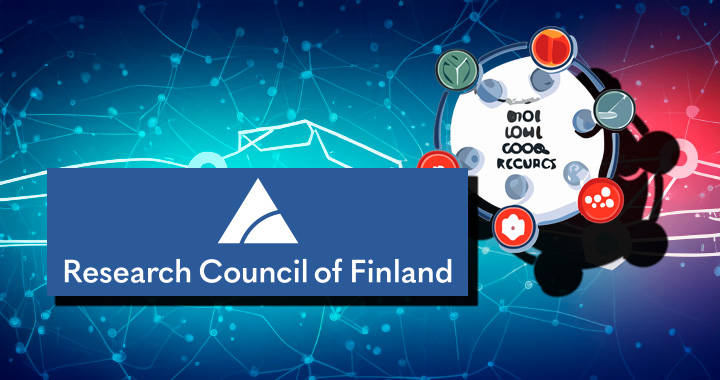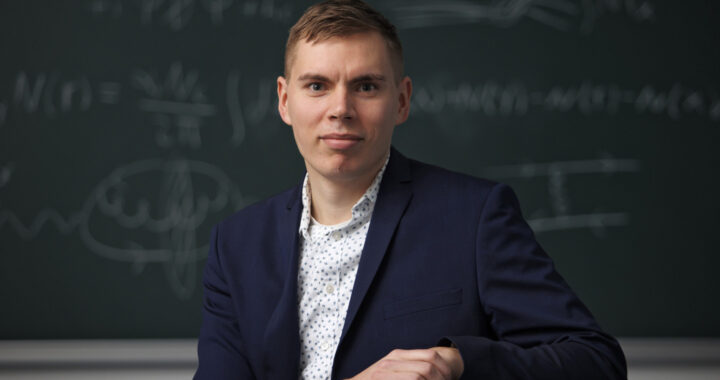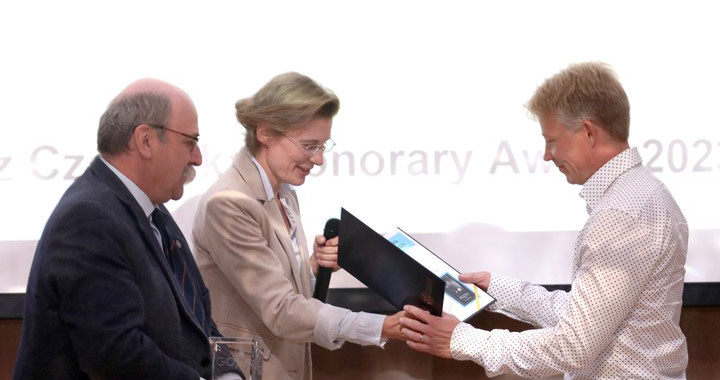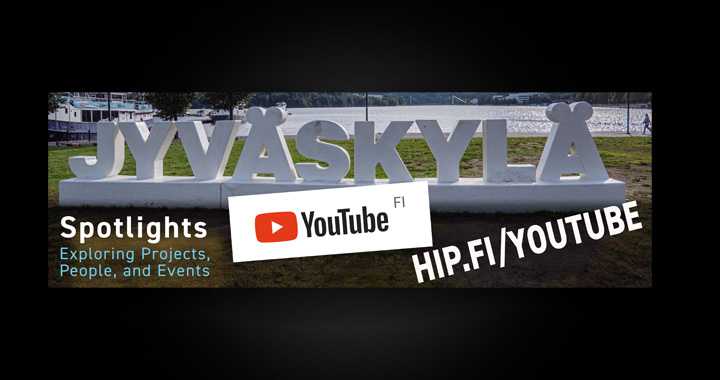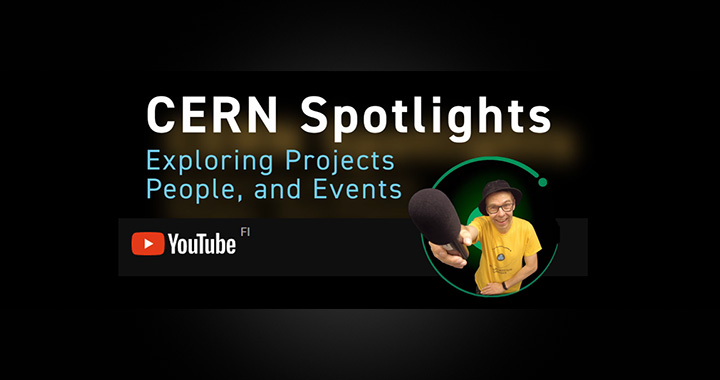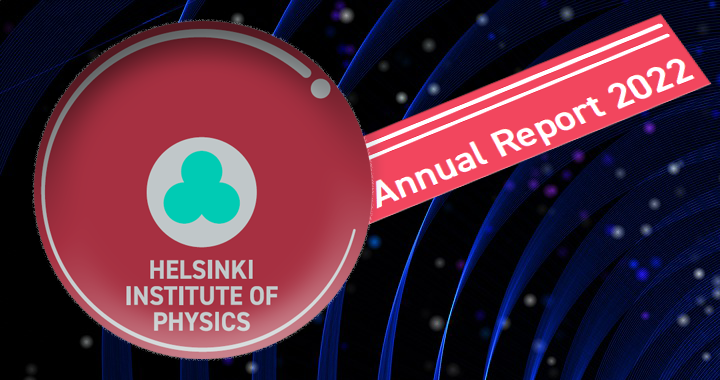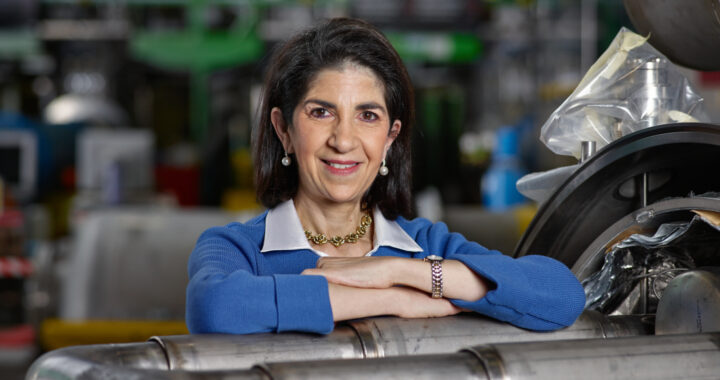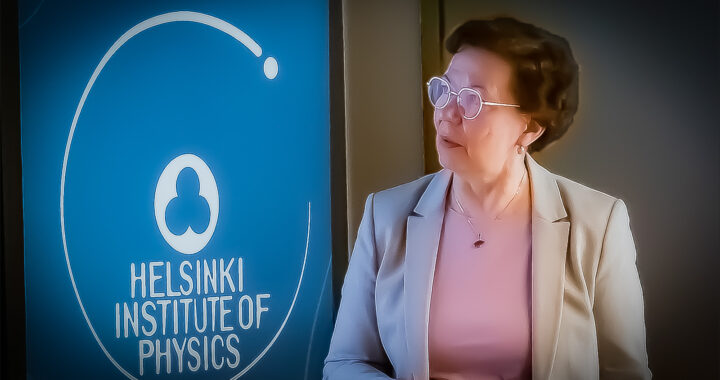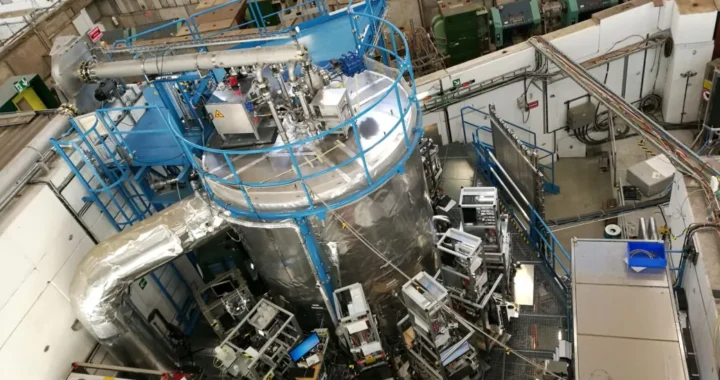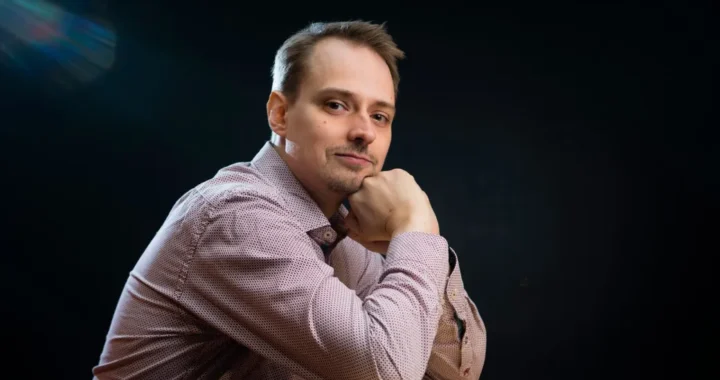Research Council of Finland grants substantial funding for research infrastructure projects
“The Finnish Research Infrastructure Committee at the Research Council of Finland has decided on more than 29 million euros in funding for the building and upgrading of national and international research infrastructures. The funding will be divided between eleven research infrastructure projects. This is the first set of decisions on the FIRI 2023 call for research infrastructure applications.”
See the original press release here (www.aka.fi).
(the background of the featured image is an AI-generation representing the funded projects)

